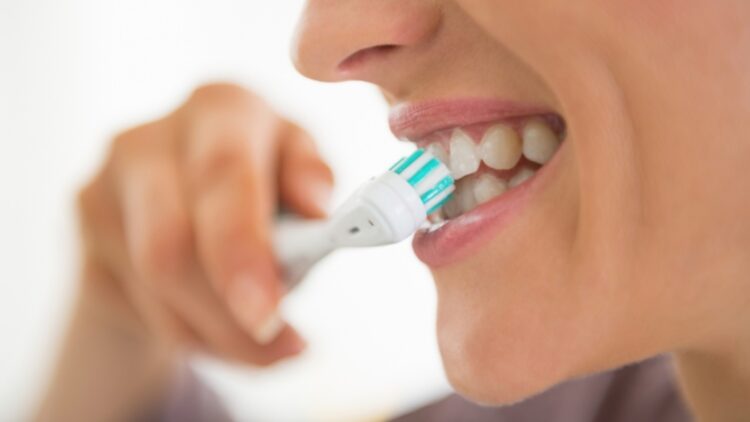It is well known that teeth are unable to regenerate, and the same applies to dental enamel, which erodes over time due to diet, gaps in cleaning, and even aging. Cavities are the main enemy of enamel, as they weaken the strength and rigidity of the tooth, in addition to affecting its color. According to the 2019 Global Burden of Disease report, dental caries could be considered the most common disease on the planet, affecting more than 2 million people. However, researchers at King’s College London have sought to solve this problem by creating a substance that helps regenerate dental enamel through the use of a protein found in hair, keratin.
To achieve this, keratin has been combined with other types of proteins, resulting in a product with characteristics such as strength, durability, and resistance to agents that may cause tooth degradation. According to the dentist from King’s College London and the lead author of the study, Sherif Elsharkawy, biotechnology is facilitating significant advances in regenerative dentistry through the use of materials from the body itself. This enamel is expected to be on the market within 2 to 3 years, and further advancements in this field are not ruled out.
Dental enamel and caries
Dental enamel is the outermost layer of the teeth, which provides hardness. The mineral that gives this rigidity is called hydroxyapatite, and it is found only in teeth. The main function of enamel is to protect the inner layers of the tooth from external aggressions, such as acids, bacteria, and even impacts. Although people associate it with the white color of teeth, enamel is translucent and contains no cells or nerves. Despite its strength, once it begins to deteriorate, it does not regenerate, so its care is essential.
On its part, cavities are an oral disease considered to be one of the most frequent in the world. In fact, in 2019, the Global Burden of Disease reported that cavities affect more than 2 million people worldwide. The risk factors that can favor the occurrence of cavities are poor oral hygiene and excessive intake of sugars or salt.
Can dental enamel be regenerated?
This answer has nuances. Naturally, no, enamel cannot regenerate. However, a group of researchers from King’s College London has wanted to find a solution to this problem and have developed an enamel based on a protein found in hair, which is capable of giving teeth strength, durability, and resistance. To achieve this, they have mixed different types of keratin to protect the tooth from degradation. According to the dentist from King’s College London and the lead author of the study, Sherif Elsharkawy, “We are entering an exciting era in which biotechnology allows us not only to treat symptoms but also to restore biological function using the body’s own materials”.
The first research on protein keratin was conducted with sheep. Researchers extracted keratin from sheep wool and placed it in artificial saliva, which extracted minerals that resulted in this type of dental enamel. “With greater development and the right industry partnerships, we could soon be growing stronger, healthier smiles from something as simple as a haircut,” said Elsharkawy.
When will it be available?
It is believed that we will be able to find keratin-based enamel boosters on the market within 2 or 3 years. The proposed formats are in the form of daily toothpaste or a gel applied in the clinic. For those who find it difficult to visit the dentist’s office, they may be able to apply this treatment from home.
